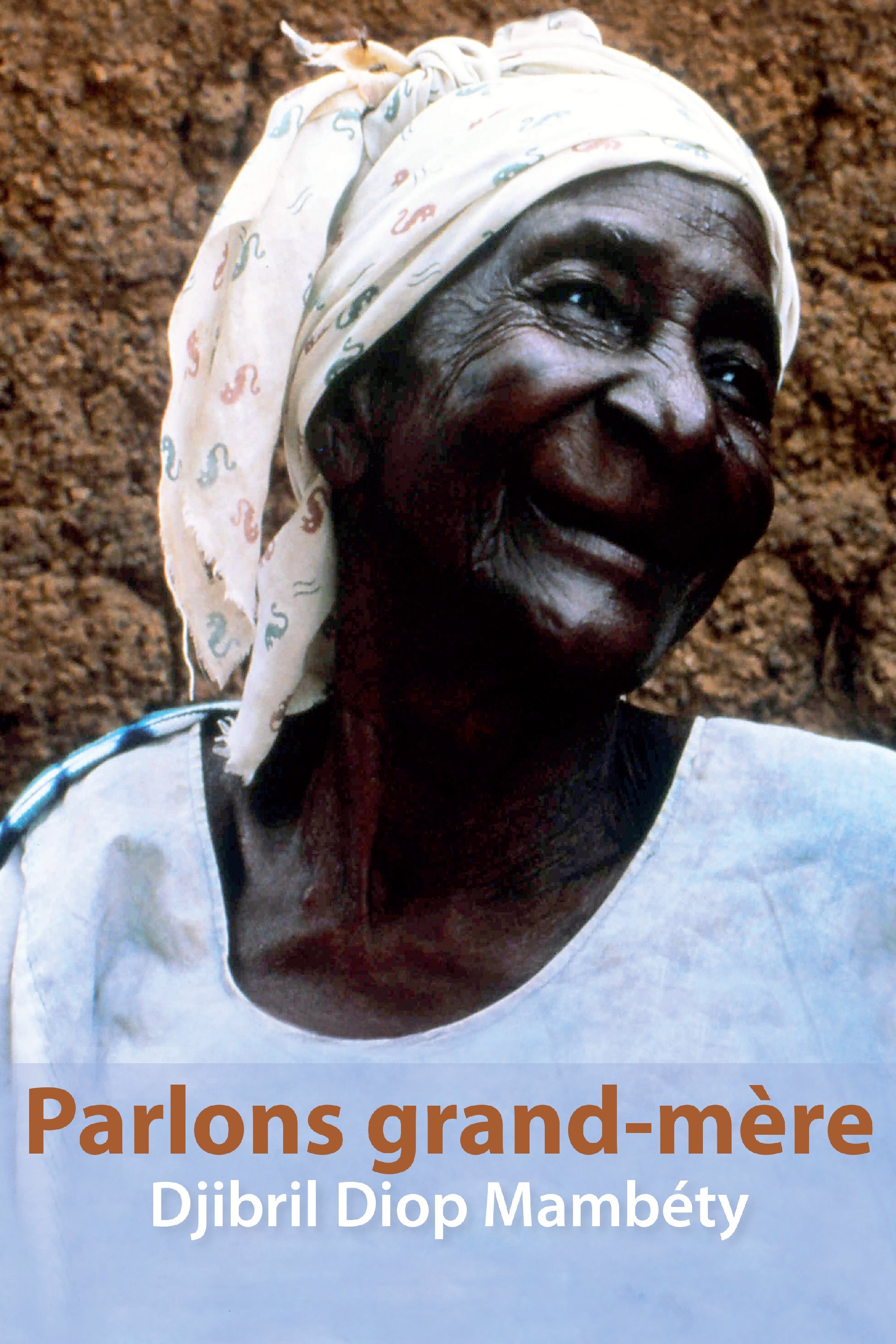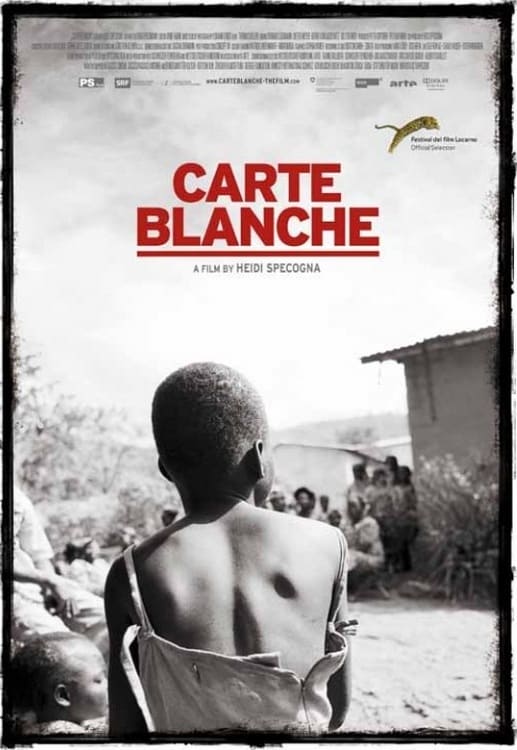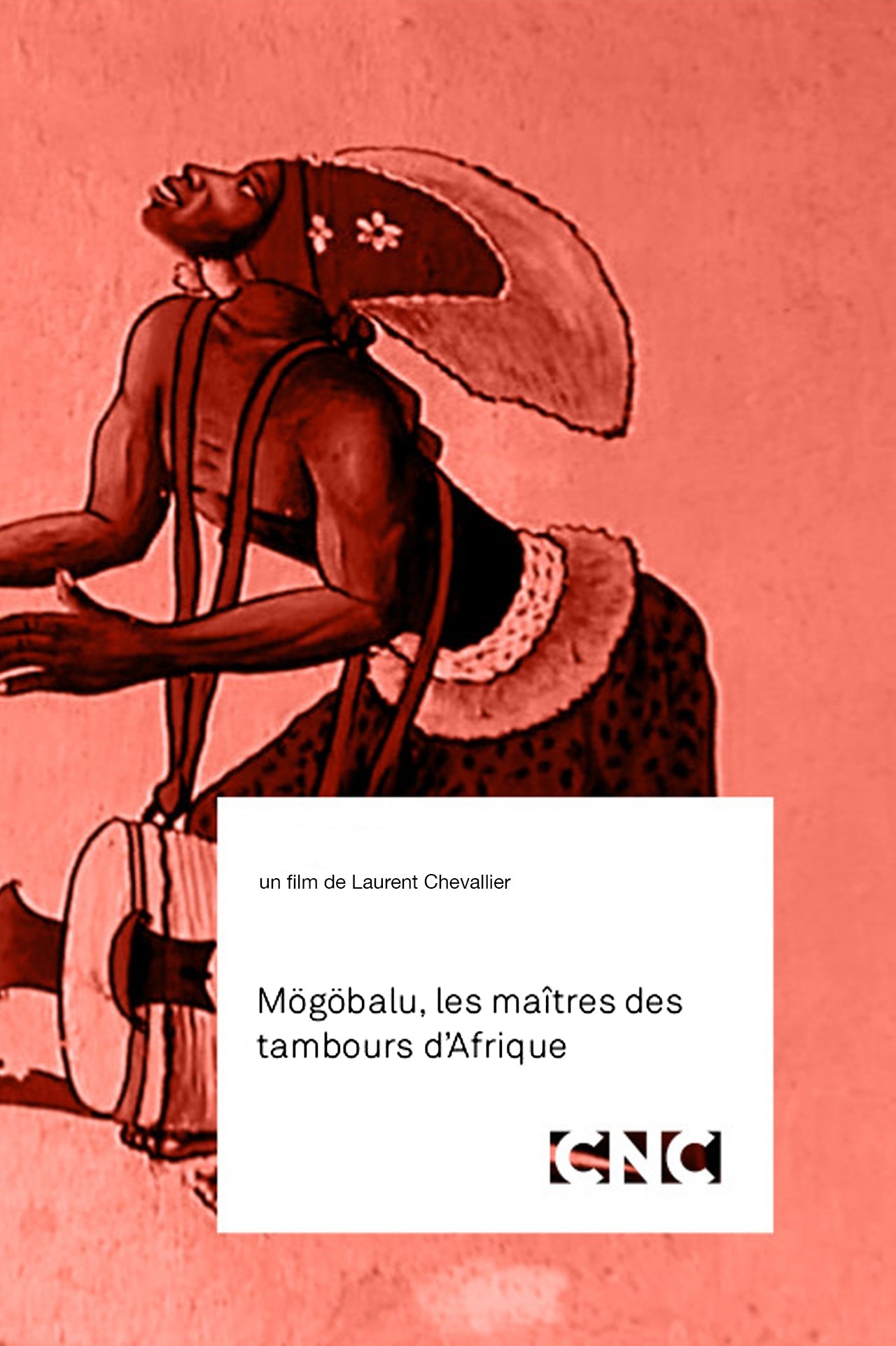Stealing Africa (2012)
• November 28th, 2012 • 0h 52min
Documentary
Overview
Zambia's copper resources have not made the country rich. Virtually all Zambia's copper mines are owned by corporations. In the last ten years, they've extracted copper worth $29 billion but Zambia is still ranked one of the twenty poorest countries in the world. So why hasn't copper wealth reduced poverty in Zambia? Once again it comes down to the issue of tax, or in Zambia's case, tax avoidance and the use of tax havens. Tax avoidance by corporations costs poor countries and estimated $160 billion a year, almost double what they receive in international aid. That's enough to save the lives of 350,000 children aged five or under every year. For every $1 given in aid to a poor country, $10 drains out. Vital money that could help a poor country pay for healthcare, schools, pensions and infrastructure. Money that would make them less reliant on aid.
Make sure to check your pop-up blocker!!
Trailer
Similar Movies

Land Without Bread
Released on: 1933-12-01
Documentary
An exploration —manipulated and staged— of life in Las Hurdes, in the province of Cáceres, in Extrem...

Megacities
Released on: 1998-08-12
Documentary
Megacities is a documentary about the slums of five different metropolitan cities.

The Making of Yaaba
Released on: 1989-01-02
Documentary
Djibril Diop Mambéty followed and filmed the shooting of Yaaba, Idrissa Ouédraogo's second feature f...

Liyana
Released on: 2017-07-15
Animation, Documentary
A talented group of orphaned children in Swaziland create a fictional heroine and send her on a dang...

Köyhät, nöyrät ja häpeämättömät
Released on: 1999-11-04
Documentary
Documentary film about four families in Pori, Finland, all struggling with unemployment and poverty.

Algeria in Flames
Released on: 1958-01-02
Documentary, War
These are the first images shot in the ALN maquis, camera in hand, at the end of 1956 and in 1957. T...

When We Were Kings
Released on: 1996-10-25
Documentary, TV Movie, History, Music
It's 1974. Muhammad Ali is 32 and thought by many to be past his prime. George Foreman is ten years ...

Bonecrusher Queens
Released on: 2008-02-27
Documentary
On Zambia's Liuwa Plain two star-crossed spotted hyena cubs are born to warring rival clans: Twaambo...

Marfil
Released on: 2011-01-01
Documentary
The first filmmaker arrived in Equatorial Guinea in 1904. The last movie theatre closed in Malabo in...

The Hunters
Released on: 1957-01-01
Documentary
An ethnographic documentary following four Ju/’hoansi (!Kung) men during a multi-day giraffe hunt in...

The Salt Mines
Released on: 1990-10-01
Documentary
Explores the lives of Sara, Gigi and Giovanna, three Latino transvestites who for years have lived o...

The Point
Released on: 1978-06-10
Documentary
This documentary is a portrait of Point St. Charles, one of Montreal’s notoriously bleak neighbourho...

Fish Story
Released on: 2013-11-16
Documentary
J and Jacky are good friends who attend the same school. J is from a single-parent family, and will ...

Carte Blanche
Released on: 2011-08-10
Documentary
A documentary about investigators of the International Criminal Court trying to gather evidence of c...

No Other Choice
Released on: 2012-01-01
Documentary
An undercover documentary film produced and directed by British filmmaker Dominic Brown, about the s...

Ueli Steck - Speed, Der schnellste Mann am Berg
Released on: 2011-08-26
Adventure, Documentary
He climbed solo, without a rope, the north face of the Eigers in 2h47. Below him the rock wall steig...

Dawn of the Damned
Released on: 1965-07-05
Documentary, History, Drama
This excellent feature-length documentary - the story of the imperialist colonization of Africa - is...

Die Wildnis stirbt!
Released on: 1936-11-13
Documentary
A reportage cross-cutting film about the development of Africa from 1900-1936, using archive footage...
